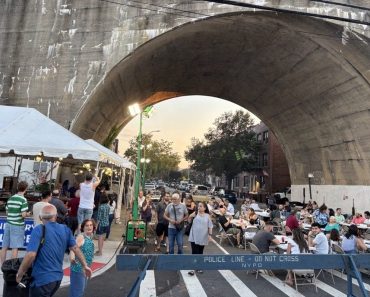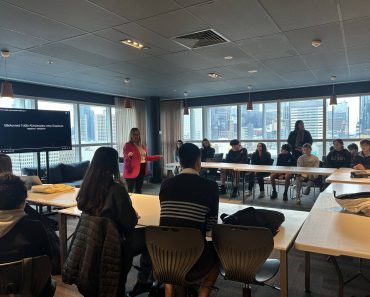Henley Symphony Orchestra summer concert
St Mary’s Church, Henley
Saturday, June 28
THERE are some musical nights that will stay with you for ever. The Henley Symphony Orchestra summer concert was one such. Under the baton of conductor, Alexander Walker and the leadership of David Burton, the orchestra seemed to perform better than ever, despite the sweltering heat.
They opened, aptly, with the Helios Overture by Carl Nielsen (1865-1931), a Danish composer who was visiting Greece in 1903. Nielsen wrote of Helios, “Stillness and darkness — Then the sun rises to joyous songs of praise — Wanders its golden way — quietly sinks in the sea.” Indeed, Helios (“ilios” is Greek for sun and Helios is the sun-god) starts with a delicate low note in the strings, then a herald from the horn section. The music builds in intensity through the majestic “day”, and then dips into dusk: to hear the orchestra play this arresting piece in the beauty of St Mary’s was thrilling.
The Scandinavian theme continued with Finnish composer Sibelius’s Symphony No. 7, which is a one-movement piece, written between 1914 and 1924. There are five sections to this piece which, although not programme music like the Helios, suggests its own pictures of the Finnish landscape. It also has a recurring theme, known as the Aino (the composer’s wife), on the trombone. Alexander Walker described this as “the symphony to end all symphonies”. The orchestra gave a riveting performance of this tempestuous piece, which hit the audience like a glorious wall of sound.
The European flavour continued with Elgar’s Violin Concerto in B Minor, played by celebrated Albanian soloist, Alda Dizdari. She is a friend of the conductor, with whom she gave the Albanian premiere of the piece. This was a performance to relish. How can I describe it? Perhaps by using a phrase from Dizdari’s book, Kiss Me Again: A Memoir of Elgar in Unusual Places, which describes her love affair (and global journey) with the concerto. She describes interpreting music “as if your spirit has been captured by another spirit and you are the vehicle”. Despite the technical demands, violin and player indeed seemed to fuse in the interpretation of the concerto.
After the powerful orchestral opening, the violin enters with the start of a complicated mixture of lyrical intensity (the “windflower” theme recurs, seemingly a reference to a friend of Elgar’s, Alice Stuart-Wortley) and rapid semi-quaver runs. The audience was immediately captivated and gripped throughout by Dizdari’s virtuosity and the strong orchestral accompaniment. Rarely performed, this concerto demands great stamina from the soloist, and as Dizdari mopped her brow during a pause, she said, with irony, “British summer!”.
The orchestra rose to a new level of excellence for this piece, which players said was “fiendishly difficult”, but the whole performance was electrifying. We are so very lucky to have music of this quality in little Henley: an immense privilege.
Jane Redley







